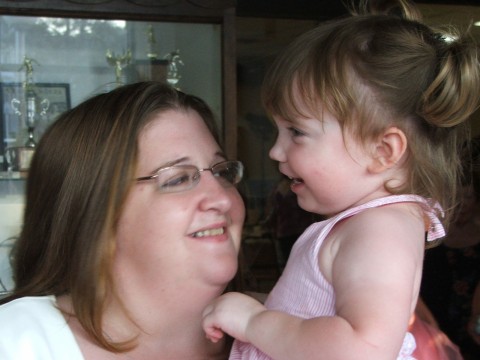(*03) Emily's Fire
Folder:
Emily Emily's Fire
a child like adult,
hides under the overpass,
seeking shelter from the rain's continuous battering.
the only thing dry,
is her red circled eyes.
dead souls cannot cry..
a fire burns inside,
that even this never ending rain cannot douse.
hatred dies slowly and painfully.
poisoned blood fuels it,
self imposed abuse tends the blaze.
she longs to make a quick escape,
carefully calculating how much to take.
but each time,
she unfailing awakes
craving more fuel,
for her ravenous fire.

Different from number 2, but no less powerful. Here, we have left the ghost story and gone to its theological variant: the dead soul, and what it can and cannot do, what it craves, and what it flees. This Dantesque, in the sense that it has affinity with the Divine Comedy (the Inferno section), but it is no less original, and quite a bit easier to read. Now, Rae, I am going to suggest that you have challened T S Eliot on his own ground, The Waste Land, by doing something that he failed to do, even in that great and magnificent poem. Of all the characters in The Waste Land, all of them suffering tremendous pain, none of them are presented to the reader as immediately (and, therefore, as realistically) as Rachel. You have succeeded where Eliot failed, because, as he himself finally learned, he could not sympathize with characters, only with concepts. And this is where he failed both his own poem, and the man he claimed as his literary master, Dante; because he put the concept ahead of the character.
Rae, I am going to make a suggestion . . . somewhat timidly, because I do not presume to tell Poets of Power (and you are one) what to do. But, I urge you to take Rachel further through the inferno; and, perhaps, even offer her a chance of redemption (even as a literary construct) in the same way that Dante placed the Purgatorio after the Inferno. I do not know---nor is it any of my business---the actual details of Rachel's provenance and development as a character and as a sequence of poems. But I do know that the sequence is not long enough, and that Rachel needs more room. The great French poet, Paul Claudel, once wrote of friends who had such a deep, private, and intimate conversation---about their difficulties, their failings, their sins---during a long, dark night; such that, when dawn came, they could not longer look each other in the face. This, I believe (and because I believe in your talent, I state it, however boldly or bold-faced it may sound, here), is where you need to take Rachel---so that, at the end of a dark night of reading about her, I may not be able to look at her in the dawn, but I may be able to see the possibility of redemption, or at least serenity, that may still be ahead of her as a character. I urge you to consider this because I know that you can accomplish it in ways that others cannot. In just two poems, tonight, I have seen you stand beside Mary Shelley, challenge Eliot's failure, and step into Dante's poetic region. Quite an accomplishment in one night; and one that you should not stop. Think of Rachel as an epic character (even if you write a rococo epic of few lines): the descent into the underworld, the battle with forces around her, the challenge to the order of things around her and how she overturns, or subverts, or abandons that order. In her plight you have an epic of emotion which you could, then, express in the devices of an epic, restructured to fit Rachel. I have been wordy, even verbose in this comment, but both are justified, in my opinion, because of the effect of your talent and your accomplishment in these two poems tonight.
Starward*Led